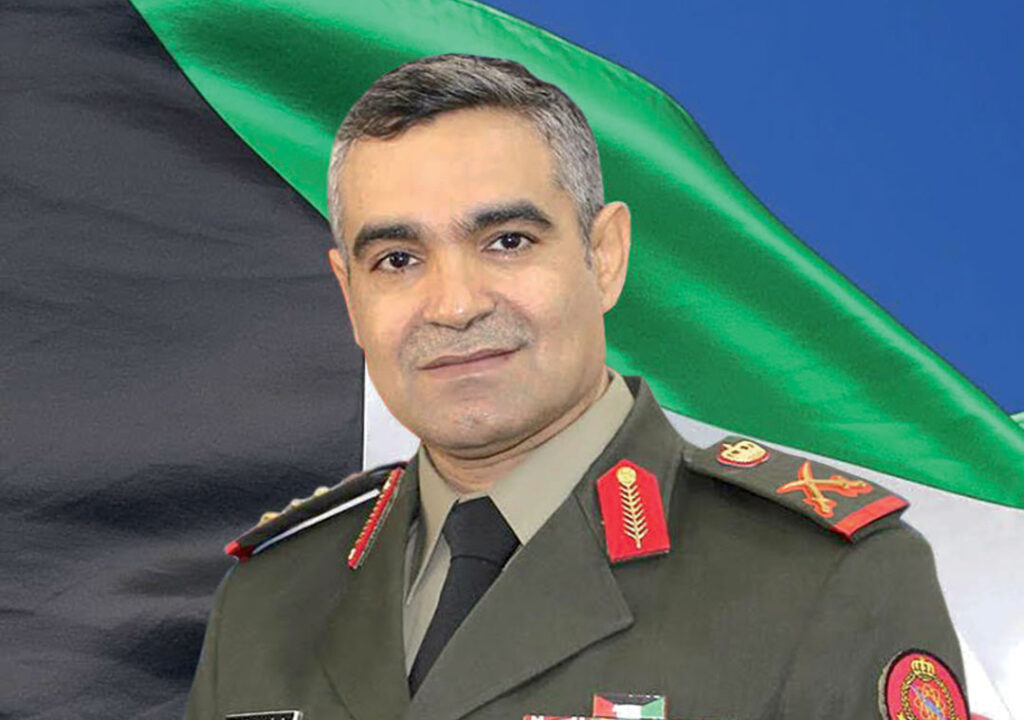I would like to thank United States Central Command for giving me the opportunity to write the editorial for this edition of Unipath magazine dedicated to protecting cyberspace.
The more the world advances and relies on technology, the more the risk of chaos increases if computers and servers that control the online infrastructure are destroyed. This includes transportation, electricity, gas, desalinization plants or financial services by banks, stock exchanges and financial centers, whether caused by an actor or natural disaster. It would be the stuff of nightmares and could actually mean the return of the world to the Stone Age.
The malfunction of servers belonging to some technology giants, social networking sites and applications shows how fragile the world is, with people feeling alone, isolated and empty. It also reveals the extent of our reliance on social media and exposes us to threats that endanger our very existence, putting us in a “to be or not to be” situation regarding threats we must be prepared for.
Perhaps the coronavirus pandemic and its deadly repercussions have increased fear among humanity because of the insistence on social distancing, the tendency to use remote communication, and the prevalence of visual, audio, and other applications. This has increased concerns about protecting cyberspace: In this confrontation with nature itself, cybersecurity has become an existential battle to maintain the well-being of humanity.
The world must prepare for these scenarios, considering them a global war that must be faced. The role of armies is no longer restricted to countering potential threats but also includes studying trends and trajectories to put appropriate plans in place to anticipate emerging threats, foremost among which is securing cyberspace for human civilization. This has become an existential issue: We should protect cyberspace by all means necessary.
Cyberwarfare includes spying on states, stealing trade and military secrets, attacking computers responsible for operating critical infrastructure and weapons systems, breaching critical security and economic information, and targeting critical service or national security facilities of adversarial states.
This emerging style of warfare transcends land, air and naval battlefields. Countering these attacks requires the concerted efforts of all state institutions to work as a robust system of defense that is difficult to penetrate.
In days gone by, human knowledge multiplied over decades and centuries. But now, thanks to the information revolution, this multiplication occurs every hour, and this constant and rapid advancement achieved by the world every day brings with it threats as well as opportunities.
The byproduct of the digital age lies in the tendency of some governments, organizations and individuals to abuse technology, using it detrimentally in a stark violation of human rights and international treaties and charters to exploit the lack of international consensus. This requires institutions of the international community to take responsibility by safeguarding technological achievements and protecting them from miscreants, both governmental and individual, and to work toward the creation of an entity to monitor unlawful states, organizations and or individuals, and to prosecute and punish them by international law.
In the State of Kuwait, we take the issue of protecting cyberspace seriously. The Council of Ministers, in its session of May 31, 2021, approved the creation of the National Cybersecurity Center and assigned the minister of foreign affairs and the minister of state for cabinet affairs to prepare a draft decree to formally announce the center, in coordination with a number of ministries and state institutions active in this field.
This center handles the coordination and combined efforts of all state institutions to protect its cyberspace from attacks that may occur amid global cyber chaos.
It also required all domestic institutions to have a tactical goal by securing their networks, and a strategic goal, which was to take part in protecting state cyberspace and acting as a joint entity under the umbrella of the National Cybersecurity Center.
At the Ministry of Defense level, the partnership between the Kuwait Army and U.S. Central Command in the field of information security technology is an example of desired international cooperation. Regular training courses, workshops and joint activities are held to mitigate risks and protect information security systems and domestic networks.
Cybersecurity is not just the task of one country, but one fulfilled by a coalition of international partners who possess the technology and know-how to confront the constantly evolving threats to computer systems that the world and human civilization depend on.
Maj. Gen. Mohammed Aqla Al-Anezi,
Commander of Kuwait Army Signal Corps

